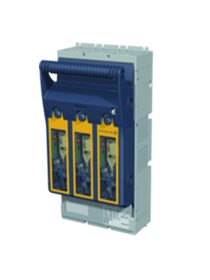I don't plan to open the switch with current flowing. Even Sol-Ark warns not to open the built in battery breaker with current flowing.
I wouldn’t rule out a potential situation where you need to do that, and at that point the ability to do so will be priceless.




